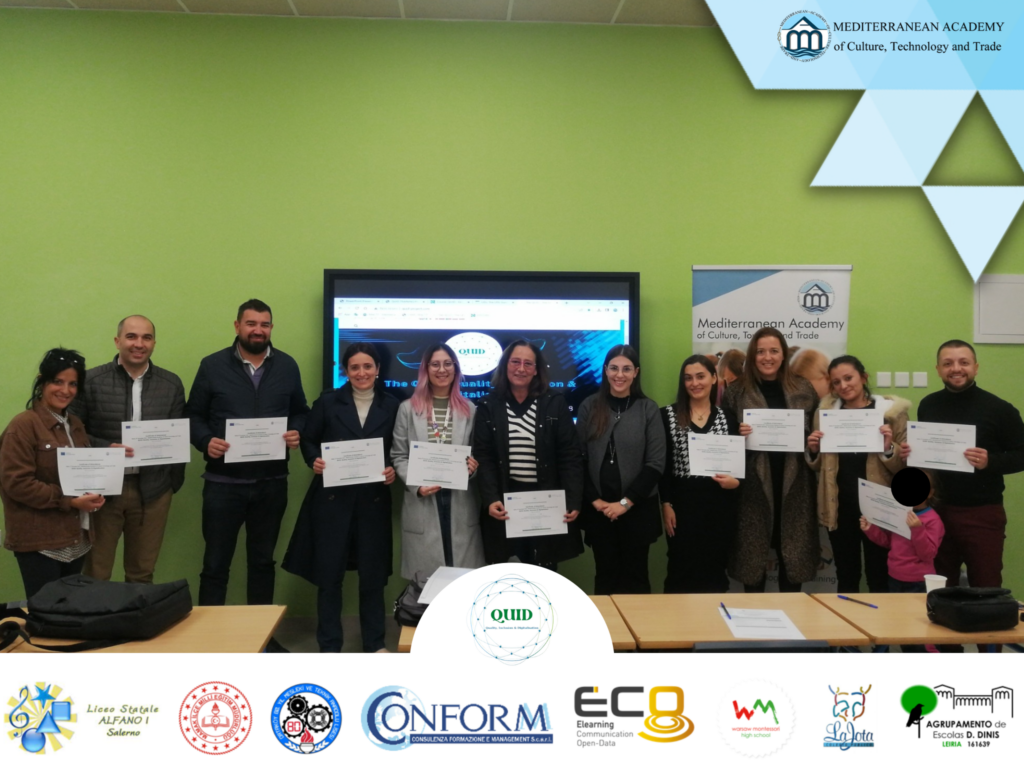National and supranational legislators or governors, international organisations and think tanks worldwide agree that there is a significant mismatch between the needs of the labour market and the supply of appropriate technology and digital skills through appropriate training programmes. Indeed, the fourth industrial revolution is bringing rapid innovation-driven change, integrating technology and people, the physical and the digital, into new approaches, services and products to ‘increase intelligence’.
While institutions of higher education and higher learning are committed to the social education of students, many are facing the critical issue of providing education that is aligned with the needs of an evolving labour market, which requires innovation-based skills, a seamless use of the tools of the digital economy and technical-engineering skills.
So how can schools and universities, both public and private, propel their students into successful careers within a new society that is based on highly skilled technical knowledge, but is also socially inclusive and diverse? How can they adapt to the learning styles of their current students?
It has to be said that Generation Z students (or ‘the Zoomers’) have very different interests and needs from previous generations. They take technology for granted and YouTube is their favourite learning tool. At the same time, they value close interaction with their teachers.
They want to learn by doing, receive immediate feedback (similar to what they get on social media) and want the autonomy to decide what to learn and how to demonstrate their knowledge.
So how can institutions nurture their values and passions in the new post-Covid hybrid forms of learning and at the same time provide high quality tertiary education? This question needs a clear, coherent and concrete answer as soon as possible.
The pandemic crisis has also shown the significant pressure on students when it comes to skills such as resilience, creativity and entrepreneurship, self-leadership and problem-solving, which have become more important than ever in the last year.
Higher education institutions now have a great opportunity to improve the acquisition of these forward-looking skills, to help students become more ‘socially intelligent’, and to learn to discern between the constant flow of information. It is on this basis that new ad hoc training projects and national educational programmes must be implemented, and they must run and evolve as fast as the changes affecting our time.




